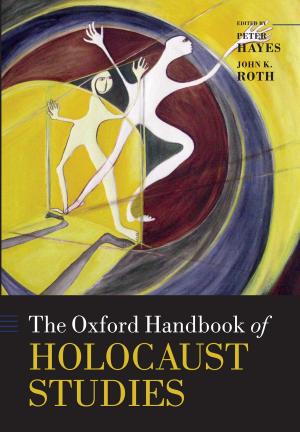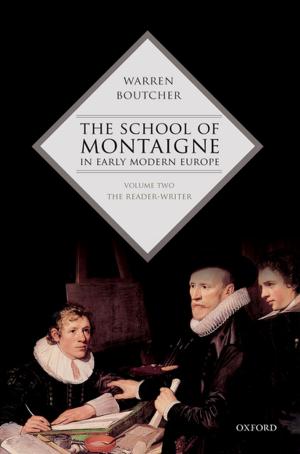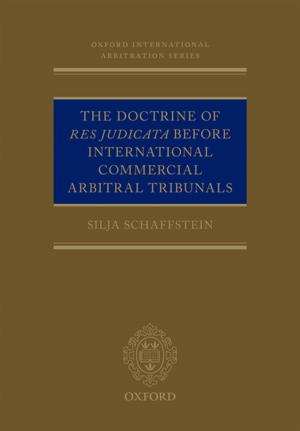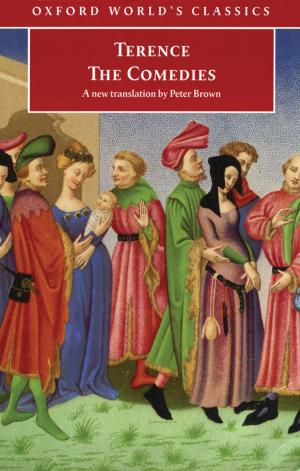Thinking Through Style
Non-Fiction Prose of the Long Nineteenth Century
Fiction & Literature, Literary Theory & Criticism, Theory, Poetry| Author: | ISBN: | 9780192545398 | |
| Publisher: | OUP Oxford | Publication: | January 5, 2018 |
| Imprint: | OUP Oxford | Language: | English |
| Author: | |
| ISBN: | 9780192545398 |
| Publisher: | OUP Oxford |
| Publication: | January 5, 2018 |
| Imprint: | OUP Oxford |
| Language: | English |
What is 'style', and how does it relate to thought in language? It has often been treated as something merely linguistic, independent of thought, ornamental; stylishness for its own sake. Or else it has been said to subserve thought, by mimicking, delineating, or heightening ideas that are already expressed in the words. This ambitious and timely book explores a third, more radical possibility in which style operates as a verbal mode of thinking through. Rather than figure thought as primary and pre-verbal, and language as a secondary delivery system, style is conceived here as having the capacity to clarify or generate thinking. The book's generic focus is on non-fiction prose, and it looks across the long nineteenth century. Leading scholars survey twenty authors to show where writers who have gained reputations as either 'stylists' or as 'thinkers' exploit the interplay between 'the what' and 'the how' of their prose. The study demonstrates how celebrated stylists might, after all, have thoughts worth attending to, and that distinguished thinkers might be enriched for us if we paid more due to their style. More than reversing the conventional categories, this innovative volume shows how 'style' and 'thinking' can be approached as a shared concern. At a moment when, especially in nineteenth-century studies, interest in style is re-emerging, this book revaluates some of the most influential figures of that age, re-imagining the possible alliances, interplays, and generative tensions between thinking, thinkers, style, and stylists.
What is 'style', and how does it relate to thought in language? It has often been treated as something merely linguistic, independent of thought, ornamental; stylishness for its own sake. Or else it has been said to subserve thought, by mimicking, delineating, or heightening ideas that are already expressed in the words. This ambitious and timely book explores a third, more radical possibility in which style operates as a verbal mode of thinking through. Rather than figure thought as primary and pre-verbal, and language as a secondary delivery system, style is conceived here as having the capacity to clarify or generate thinking. The book's generic focus is on non-fiction prose, and it looks across the long nineteenth century. Leading scholars survey twenty authors to show where writers who have gained reputations as either 'stylists' or as 'thinkers' exploit the interplay between 'the what' and 'the how' of their prose. The study demonstrates how celebrated stylists might, after all, have thoughts worth attending to, and that distinguished thinkers might be enriched for us if we paid more due to their style. More than reversing the conventional categories, this innovative volume shows how 'style' and 'thinking' can be approached as a shared concern. At a moment when, especially in nineteenth-century studies, interest in style is re-emerging, this book revaluates some of the most influential figures of that age, re-imagining the possible alliances, interplays, and generative tensions between thinking, thinkers, style, and stylists.















